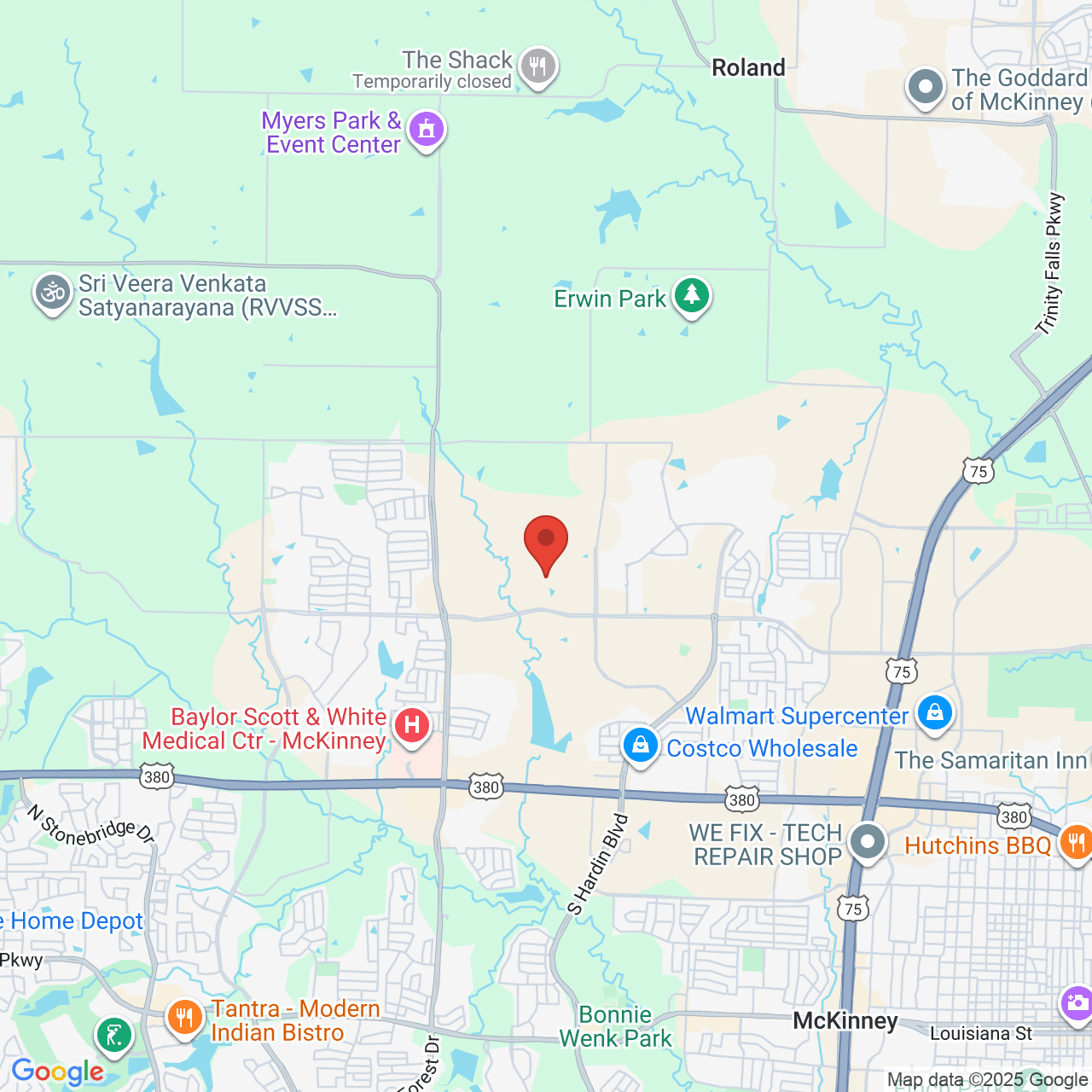Can I Be Punished at Work or Fired for Going on Strike in Texas?

Workers go on strike for many reasons. Beyond the most obvious, of wanting increased pay, you and your colleagues may strike for better retirement benefits, healthcare coverage, and worker safety protections.
While going on strike can sometimes feel necessary, it can also feel intimidating. This is because some employers retaliate against workers by punishing them or even firing them outright for participating in a labor stoppage. In this detailed blog post, I will outline when retaliation is illegal and what legal options you have if you have suffered employer retaliation for joining a worker strike in Allen, Dallas, or another area of Texas.

Strikes Are Becoming More Common
According to the Economic Policy Institute, major strike activity rose by 280% last year, with almost half a million workers involved in significant work stoppages.
The National Labor Relations Act Protects Your Right to Strike
The National Labor Relations Act, also known as the Wagner Act, was established in 1935. For almost a century since, it has provided invaluable employee protections to America’s workforce. These are key reasons you are allowed to strike:
Economic Reasons
Your right to strike is legally protected if you are seeking:
- Higher wages
- Increased benefits
- Better working conditions
Unfair Labor Practices
You are also permitted to strike if you are fighting back against unfair labor practices like:
- Employer refusal to bargain with the union
- The employer has been discriminating against certain employees
There Are Many Types of Retaliation
If you have suffered any of the following as a result of your strike, reach out to me to discuss your case:
- Wrongful termination
- Salary decrease
- Bonus pay denial
- Unjust disciplinary action
- Unfairly poor performance review
- Given an unreasonably large amount of duties
- Change in work schedule
- Demotion or failure to receive deserved promotion

Accused of Strike Misconduct? I Can Review the Allegations
The National Labor Relations Act has an explicit carve-out stating that it does not protect workers accused of illegal and serious misconduct. Examples include:
- Committing violence or making threats
- Stopping people from entering/exiting the workplace
- Refusing to leave the workplace while performing no work
Because these types of actions are not protected by the NLRA, employers may try to accuse strikers of misconduct to get away with retaliation scot-free.
I can draw upon my four decades in employment law to demonstrate that your strike behavior was lawful and you are deserving of all available legal protections.
No-Strike Clauses in Employment Contracts
Another tactic employers resort to to punish strikers is claiming that their unionized employees signed a collective bargaining agreement that included a no-strike clause. If you did sign such an agreement, your strike may have been illegal. I can evaluate the contract to see if such a clause exists.
There are also certain situations where a no-strike clause would be voided, allowing you to exercise full employee rights. For example, you may have legally been allowed to strike despite a no-strike clause if you were suffering from egregiously dangerous working conditions.

Keep in Mind: Texas Is a Right-to-Work State
I’ve spent most of this blog post discussing strikes. I would be remiss to not note Texas’ law regarding retaliation for union activity. Texas is a right-to-work state, meaning that you cannot be denied employment for membership in a union or labor organization, or for refusing to join a union or labor organization.
In addition to the above, the Lone Star State protects you from the following when it comes to union participation or non-participation:
- Threats
- Force
- Intimidation
- Coercion
- Requirement to pay dues
The Location of Your Workplace Matters
Texas’ right-to-work laws do not apply if your work site is in a federal enclave. A federal enclave is a piece of land that was given by a state to the national government to control. Not all federal land is considered a federal enclave.
Sound confusing? I’m here to clear things up.
It’s possible that your employer is hiding behind false enclave status to limit your employee rights.
Public Employees In Texas Receive No Strike Rights
Unfortunately, the Texas Government Code makes clear that public employees do not have a right to strike. A public worker who strikes against the state loses:
- Civil service rights
- Reemployment rights
- Employee benefits
- Worker privileges
You Have a Limited Time to File a Legal Claim
It is very important that you meet all legal deadlines for filing an employment lawsuit.
You have a time limit of just 180 days from when you suffered retaliation for striking to file a claim with the Equal Employment Opportunity Commission (EEOC).
Failing to meet this deadline jeopardizes your ability to ever receive compensation. On the other hand, meeting your deadline allows you to utilize the full force of the law to seek compensation for:
- Lost pay
- Pain and suffering
- Attorney’s fees
- Exemplary damages

What My Law Office Can Offer You
When choosing an employment lawyer, it is wise to select an attorney who has a track record of winning cases similar to yours. While every situation is unique, there are general legal principles that apply to virtually all workplace lawsuits.
I Have Won Many Retaliation Cases
I am proud to say that throughout my career representing clients in Allen, Dallas, Plano, Frisco, and surrounding Texas communities, I have won many five and six-figure cases.
- $150,000 – Retaliatory discharge of manager after objecting to illegal acts
- $86,000 – Retaliatory discharge after making workplace safety complaints
If you have been retaliated against, trust that I have the knowledge and track record to truly help you.
I Can Take on Companies of All Sizes
I have been winning employment law cases since 1984. Throughout my career, I’ve handled claims for many clients of Fortune 500 companies, proving that I’m unafraid to confidently stand up to large corporations.
Speak With a Proven Lawyer
Request Your Legal Consultation Today
I provide personalized service while working on a contingency basis, meaning you won’t have to pay for my services unless I win your case or unless I need to review contracts without the need for direct negotiation. Reach out to me to find out why workers in Allen, Dallas, Plano, Frisco, and beyond choose me to win complex employment law cases.

Dan A. Atkerson
Dan A. Atkerson has worked as a civil employment law attorney in DFW since 1984. He has extensive knowledge of state and federal labor statutes and is a member of both the State Bar of Texas and the Dallas Bar Association.
Read Dan Atkerson's Full Bio | All Posts by Dan Atkerson



